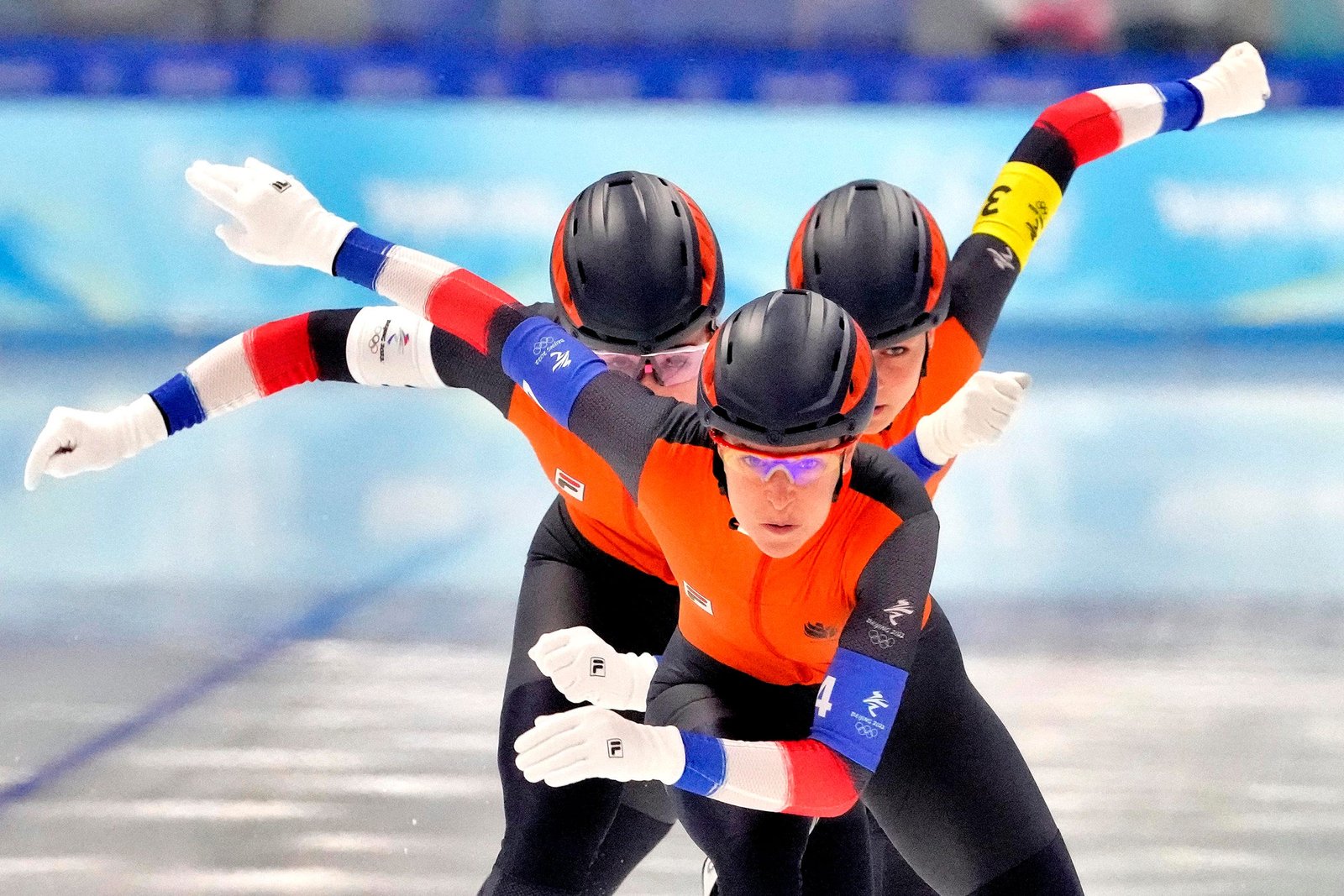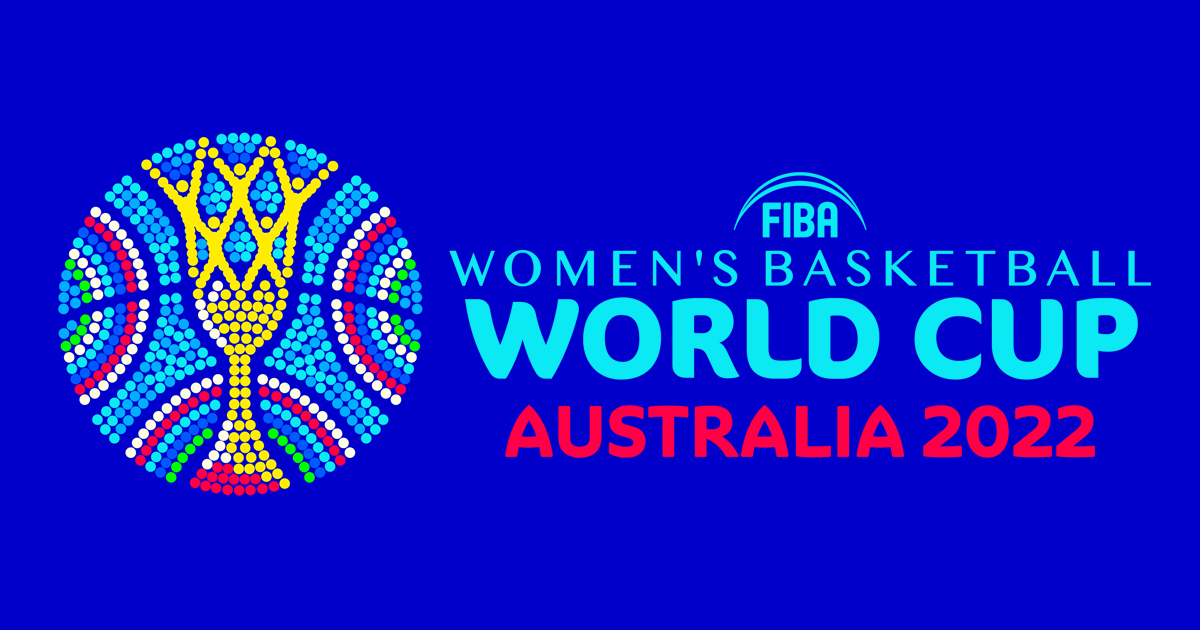Two snowboarders had to sue to compete in a Paralympic division for more able-bodied competitors after theirs was not held. They won gold and bronze.
| A few weeks ago, a couple of Para Snowboarders won their appeal to participate in the Beijing 2022 Winter Paralympic Games. This week they each won a medal. Cécile Hernandez (FRA) and Brenna Huckaby (USA) have each won two of the four Snowboard cross SB-LL1 Women’s World Championship competitions. Indeed, this category has had few competitors -for example, Hernandez competed alone at the 2019 World Championships-, which means that their category did not meet the requirements to be included at the Paralympic Games. Because of that, they both requested to compete in categories where they would be at a disadvantage while competing, namely the Men’s SB-LL1 or the Women’s SB-LL2 competitions. The latter has a lower level of impairment than SB-LL1, as can be seen in this illustration by Lexi. This call was supported (Insidethegames) by some of their competitors. The International Paralympic Committee denied their request. It is understandable that sometimes you cannot combine Paralympic classes even if it is to give a place to competitors at a greater disadvantage. For example, it would be practically very difficult and even dangerous to combine 1,500 meter wheelchair racers with visually impaired competitors, regardless of competitive advantage. This time there was not tradeoff. These competitors did not pose a risk, were not at a physical advantage, and also did not occupy other’s spots, as the spots allocated for Women’s Snowboard were not exhausted. Hernandez and Huckaby filed a lawsuit in a German suit that fell in their favor. The IPC replied the following: “We are extremely surprised and disappointed at the court’s decision which shows a complete disregard for the rules and regulations of World Para Snowboard and the Beijing 2022 qualification criteria…athletes cannot participate in sport classes at the Paralympic Winter Games for which they are not eligible.” (IPC) Indeed, the court disregarded the eligibility criteria but not completely. These competitors fulfilled the sporting achievements required to qualify and, again, did not take someone else’s place. What happened here is that the court evaluated the spirit of the eligibility classifications, which is to ensure fairness in competition. It is not unfair for a sportsperson to compete against someone with greater physical impairment. As such, the ruling is fair. What is very surprising here is that the IPC knows it. That is why in several sports, including Alpine Skiing, Swimming, Athletics, Archery, and many others, they combine a couple of categories when there are few competitors. Not only that. They sometimes even account for the handicap between different divisions and adjust the results accordingly. For example, in these very Paralympic Winter Games, some of the Alpine SKier’s times are adjusted based on their level of impairment. Why they opted not to do that for snowboarding is baffling. Fortunately, Hernandez and Huckaby were allowed to compete. Not only that – they won gold and bronze. Massive congratulations to them and Lisa DeJong (CAN), silver medalist. |




